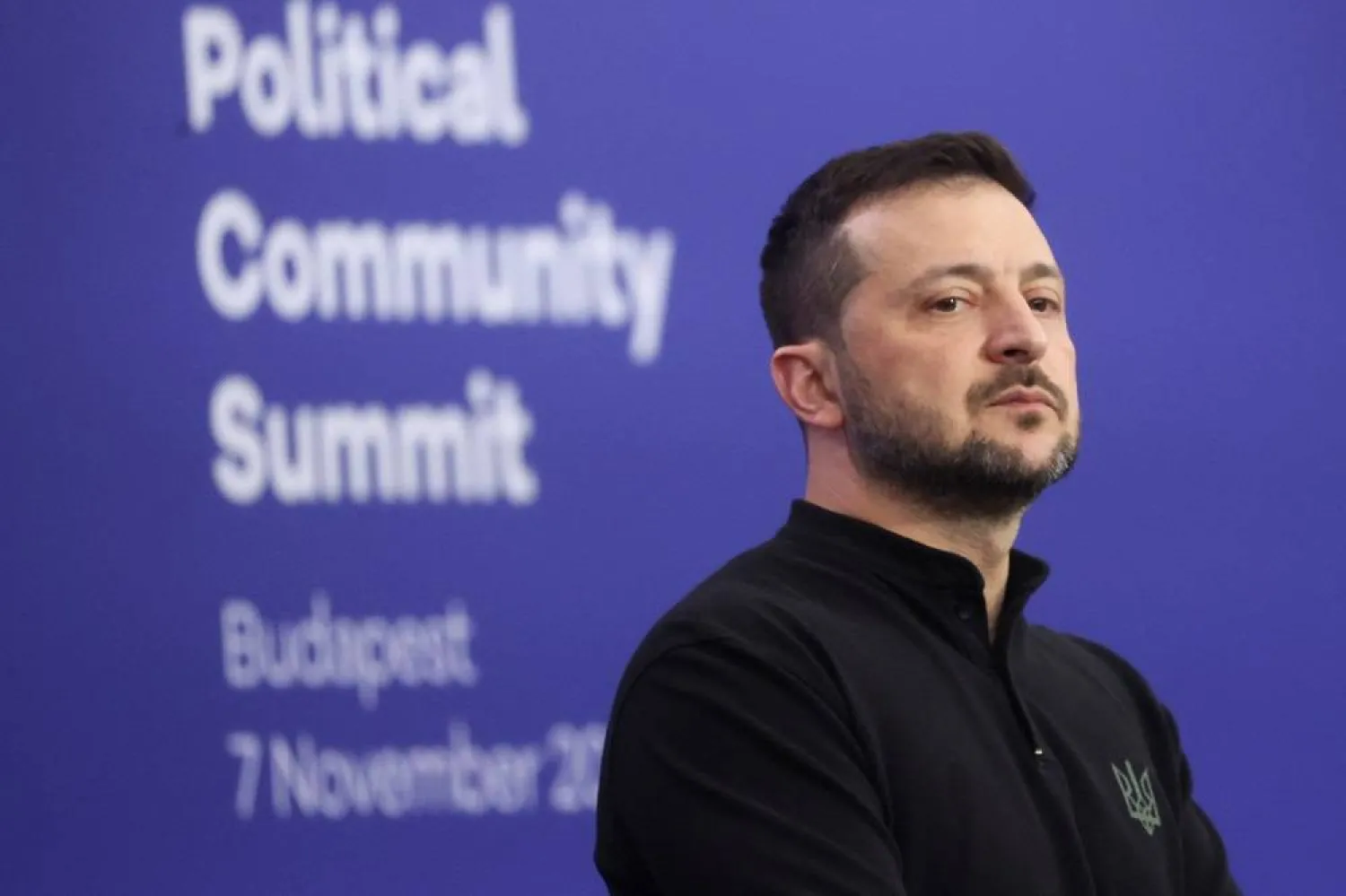President Volodymyr Zelenskiy said the German chancellor's phone call with Russia's leader on Friday opened a "Pandora's box" that undermined efforts to isolate Vladimir Putin and end the war in Ukraine with a "fair peace".
A German government spokesperson said Olaf Scholz urged Putin to begin talks with Kyiv that would open the way for a "just and lasting peace" as the leaders held their first phone call since December 2022 as the war in Ukraine rages on.
"Olaf's call, in my opinion, is a Pandora's box. Now there may be other conversations, other calls " Zelenskiy said.
"... this is exactly what Putin has long wanted: it is extremely important for him to weaken his isolation and to conduct ordinary negotiations that will not end in anything."
Kyiv says Russia is not prepared to negotiate an end to the war in good faith and that Ukraine needs robust security guarantees before there is any ceasefire in hostilities to prevent a future Russian offensive.
Zelenskiy said Moscow had repeatedly used negotiations to advance its interests at Ukraine's expense, alluding to numerous rounds of talks over the war with Russian-backed paramilitaries that erupted in Ukraine's east in 2014 before the 2022 invasion.
"This gave Russia the opportunity not to change anything in its policy, not to do anything in essence, and this is exactly what led to this war," he said in his evening address.
Berlin is a major Ukrainian financial backer and its largest provider of weapons after the United States, whose future support for Kyiv appears uncertain following Donald Trump's victory in the US presidential election.
The victory of Trump, who has said he will end the war in Ukraine swiftly without saying how, has spurred fears in Europe that he will cut vital assistance to Kyiv and push for a peace that costs Ukraine dearly.
INFORMED OF CALL
Though Germany has been a vital ally for Ukraine, its hesitance to provide long-range Taurus cruise missiles has been a source of frustration in Kyiv as it battles a foe armed with a powerful array of long-range weaponry.
In the one-hour phone conversation with Putin, Scholz demanded the withdrawal of Russian troops from Ukraine and reaffirmed Berlin's continued support for Ukraine, the German spokesman said.
The Kremlin said Putin told Scholz during the conversation that any agreement to end the war must take Russian security interests into account and reflect "new territorial realities".
The Kremlin described the fact of the call happening as "extremely positive".
Zelenskiy was informed in advance of the call and cautioned Scholz against telephoning Putin, according to a source in Zelenskiy's office.
Putin has said Ukraine must drop its ambitions to join the NATO military alliance and also retreat its forces from four Ukrainian regions that his troops partially occupy. Kyiv says that is tantamount to capitulation.
With Kyiv preparing to mark 1,000 days since the full-scale invasion, the Kremlin's forces are on the offensive on multiple sections of the sprawling front line and Russian drones attack Ukraine's big cities nightly.









